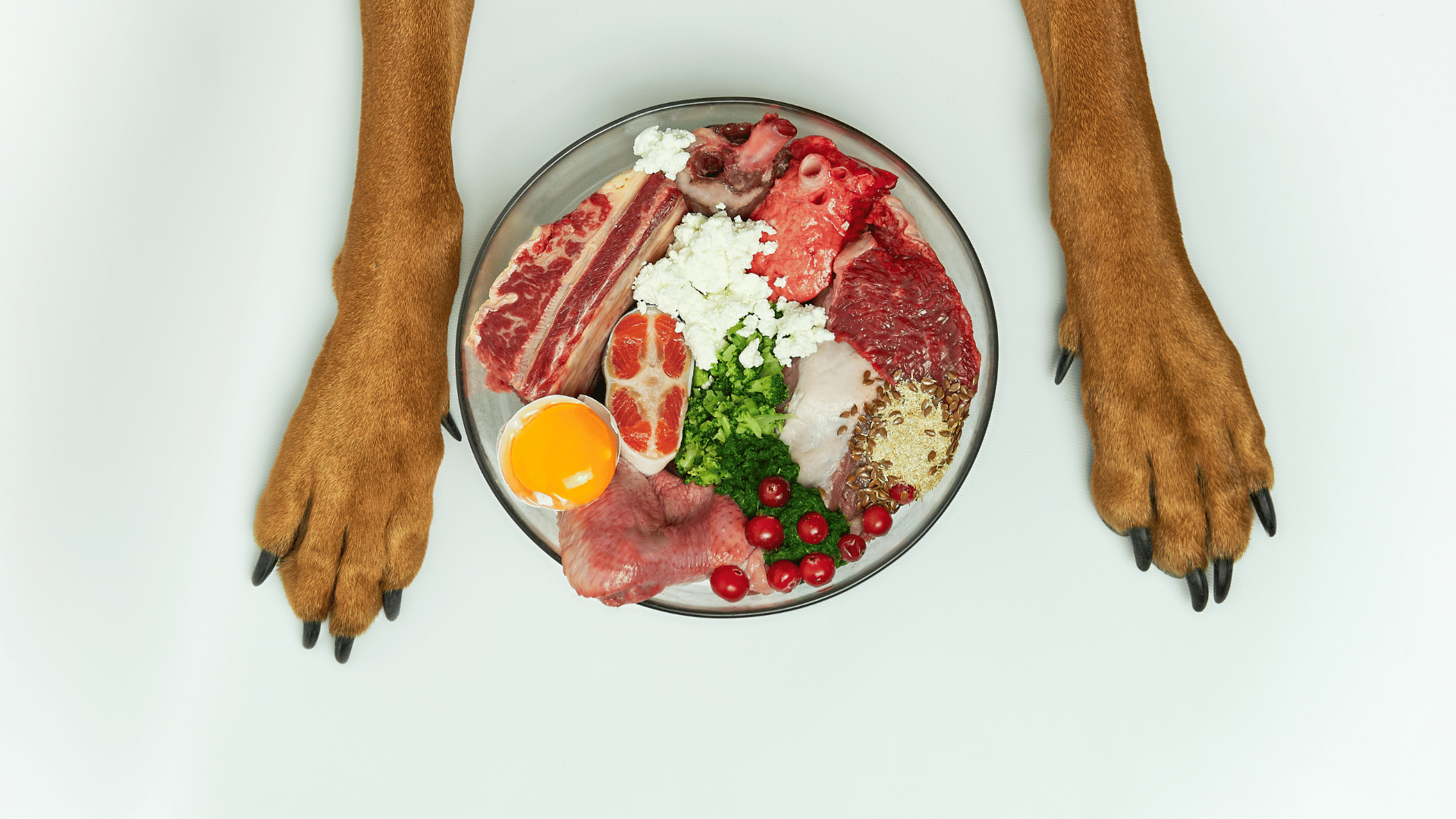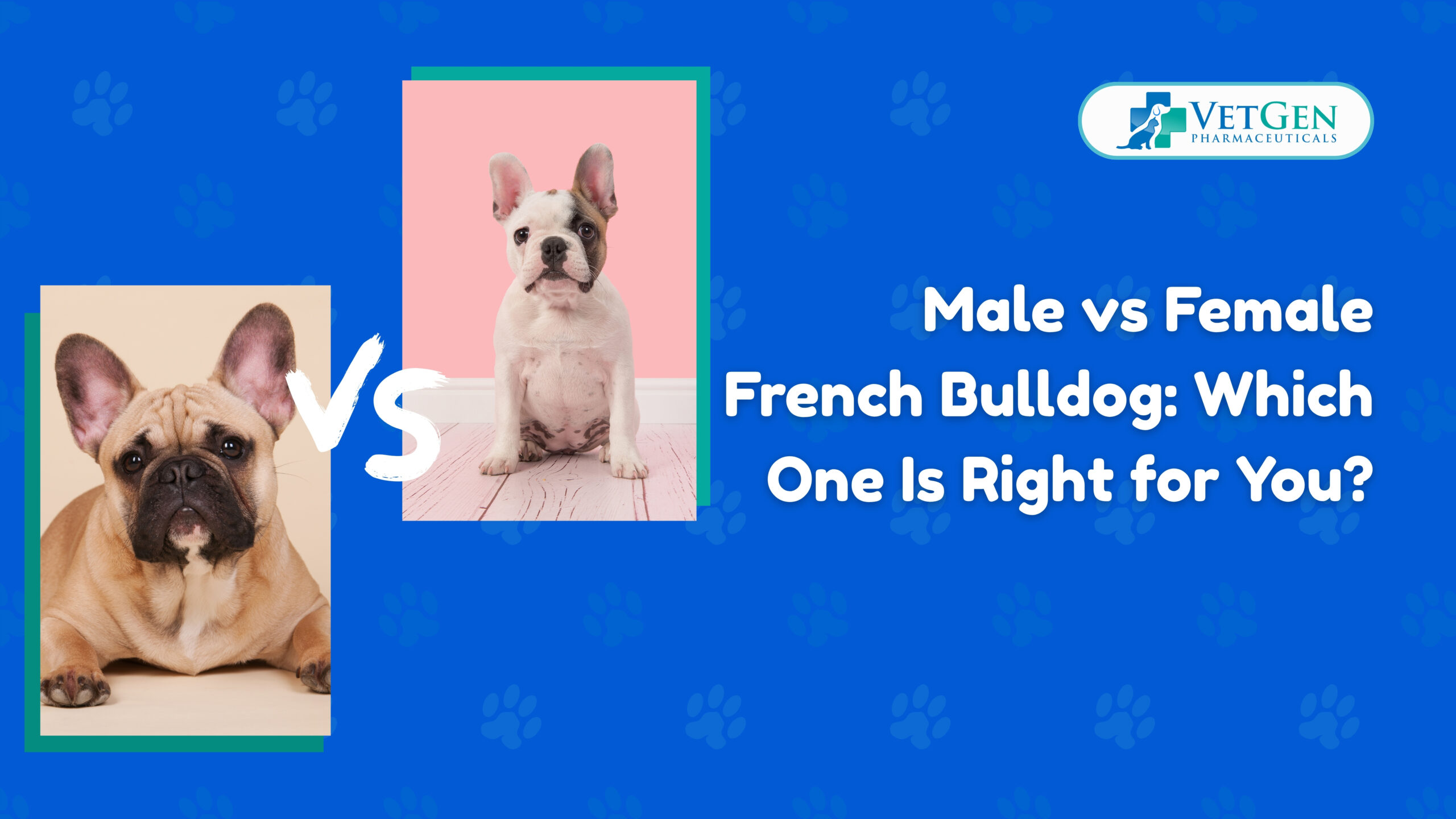Vitamin D is super important for dogs! It plays a big role in keeping them healthy and jumping with vitality. Not only does it keep the muscles working right, but it also keeps the bones strong. It also aids in nerve function.
It is not just about bones; it aids their immune system, helps their cells grow properly, and keeps their hearts ticking nicely. But like humans, dogs can’t just soak up the sun to get their share of vitamin D. They need to munch on the right foods.
So, if you are wondering, How do I add vitamin D to my dog’s diet? What food has vitamin D for dogs? We’ve got you covered! Getting the balance right is key because too little or too much can cause serious trouble. With not enough of it, you might have a pup with weak bones or even rickets.
But on the flip side, too much of it also leads to Vitamin D toxicity in Dogs, with symptoms like vomiting, diarrhea, and even kidney failure in bad cases. So, it’s all about hitting that sweet spot!
Importance of Vitamin D for Dogs
To understand how eating habits can impact dogs, it is important to understand how the digestive system of a dog works:
- Bone and Teeth Health in Dogs
Vitamin D helps regulate calcium and phosphorus in their bodies. These are essential for maintaining strong bones and healthy teeth. With these right nutrients, it reduces the risk of physical injury in dogs.
- Muscle Function in Canine
Muscle function is important for dogs to move smoothly with agility. Vitamin D supports the contraction and relaxation of muscles, which is important for mobility and overall Dog health.
- Immune System Support for Dogs
Vitamin D is known to boost immune function. It helps protect the dog from viruses and bacteria and various other diseases.
- Cell Growth and Repair
Vitamin D aids cell growth in dogs and repair, ensuring any tissue damage heals properly. This nutrient nourishes the body’s ability to regenerate and maintain itself.
- Heart Health in Dogs
Vitamin D in dogs benefits cardiovascular health, supporting a healthy heart and circulatory system. It minimizes the risk of heart issues, allowing dogs to lead more active and energetic lives.
- Dog Mental Health
According to journals like the Journal of Veterinary Internal Medicine and Veterinary Research Communications, Vitamin D is thought to influence mood and cognitive function in dogs, much like it does in humans. When dogs receive this vitamin in adequate levels, it enhances mood, reducing the risk of depression and anxiety-like behaviors.
Sources of Vitamin D for Dogs
Natural Sources of Vitamin D for Dogs
Fatty Fish like Salmon, mackerel, and sardines naturally boost your dog’s intake and provide them with beneficial omega-3 fatty acids. Beef Liver is a nutrient-dense food containing moderate amounts of vitamin D and other vital nutrients like iron and protein. Egg Yolks are another natural source. Egg yolks provide Vitamin C and are easy to add to your dog’s diet, though they should be cooked to avoid the risk of salmonella.

Vitamin D in Commercial Dog Foods
Apart from natural sources, there are also commercial food options that are available for dogs. Formulated Balance for dogs is a high-quality commercial dog food that includes adequate Vitamin D levels and is specifically formulated to meet your dog’s nutritional needs.
Some dog foods go further by fortifying their products with additional vitamins to ensure pets meet their daily requirements. Before introducing safe Vitamin D supplements for dogs look for clearly listed contents that follow the Association of American Feed Control Officials guidelines for canine nutrition.
Consulting a vet to determine the appropriate type and dosage might be the right way to go. Always use pet-specific supplements rather than those intended for humans to ensure safety and correct dosing.
Signs of Vitamin D Deficiency in Dogs
Spotting the signs of Vitamin D deficiency is the first step in treating it. Catching these signs early can help dodge some bigger health problems down the line. Here are a few things you might notice if your dog isn’t getting enough:
Lethargy or reluctance to move, play, or engage in activities they once enjoyed could indicate muscle weakness associated with Vitamin D deficiency. It can also cause Bone Pain or Tenderness. Dogs might show discomfort or pain when certain areas are touched or moving.
Vitamin D regulates calcium in the body. So, with its deficiency comes the risk of more frequent fractures due to weakened bones. Delayed tooth eruption or poor dental health can also be symptoms. In puppies, deficiency can lead to poor growth and development.
Long-term Health Risks with Vitamin D Deficiency in Dogs
Long-term Health Risks with Vitamin D Deficiency in Dogs Vitamin D is one of the most important vitamins required by the body. Its deficiency can lead to long-term health risks like rickets. This condition affects bone development in young dogs, leading to soft and weak bones, skeletal deformities, and overall poor growth. Osteomalacia is another condition that might develop with the deficiency. In adult dogs a condition characterized by bone softening that can cause bone pain and fractures.
With a compromised immune system, a deficiency may increase the risk of infections. Evidence also suggests a link between Vitamin D deficiency and the progression of chronic kidney disease in dogs. Not only that but it is also involved in heart health; deficiency may increase the risk of heart-related problems.
Vitamin D Toxicity in Dogs
Dogs may suddenly seem uninterested in their food. With loss of appetite, the dog might experience vomiting and diarrhea. It includes blood in severe cases. Excessive Thirst and Urination are also associated with kidney problems that can arise from toxicity.
Besides the above symptoms, dogs may appear unusually tired and reluctant to move or play. Drooling more than usual can be a sign of nausea or pain. These symptoms can be a sign of Vitamin D toxicity in dogs.
Treating Vitamin D Toxicity in Dogs
Immediate Veterinary Care is the first action when you suspect your dog has toxicity. Treatment strategies include Inducing Vomiting. If the ingestion was recent, the vet might induce vomiting to prevent further absorption. Sometimes, Intravenous Fluids (IV) is introduced to support kidney function and help flush excess calcium out of the body.
Diuretics are used to help eliminate calcium, and steroids are used to reduce calcium absorption from the gut. Feeding a low-calcium diet during recovery also might be recommended.
The digestive system finds it more difficult to break down and absorb vital nutrients from poorly chewed meals. This may eventually result in significant nutritional deficiencies.
Conclusion
If you’re ever in doubt or thinking about supplementing your pup’s vitamin D, chat with your vet first. They’ll steer you in the right direction to keep your pup’s healthy. Keep it simple, keep it safe, and you and your furry pal will be just fine. Visit us to learn more about your Dog health.
Frequently Asked Questions
Can I give my dog human vitamin D?
No, It’s not advisable to give your dog human supplements. Dogs have specific dietary needs which are different from that of humans. The amount of vitamin D in human supplements can greatly exceed what is safe for a dog. Excessive ingestion can lead to toxicity, causing serious health issues such as kidney failure.
Are there dog breeds that habitually gobble food?
According to the study conducted by Whole Dog Journal, dogs require a minimum daily dose of 227 IU of vitamin D per kilogram of dry food, with doses above 2,700 IU/kg considered toxic. For health maintenance, vitamin D levels in dogs should ideally fall within the range of 60 to 215 nmol/L (or 24 to 86 ng/mL), but needs can vary based on health conditions and diet.
Do dogs need sunlight for vitamin D?
Dogs do not rely on sunlight for their vitamin D needs as humans do. Dogs obtain it primarily through their diet, as they cannot efficiently synthesize it from sunlight. It must be provided in their food for proper absorption and utilization.
Can dogs be fed human food to encourage them to eat more slowly?
Some of the human foods are safe for dogs, but it is better to feed them their normal diet as well as use such special slow feeding tools.
How long does it take a dog to consume a meal?
A dog will consume food within about 10 to 15 minutes






